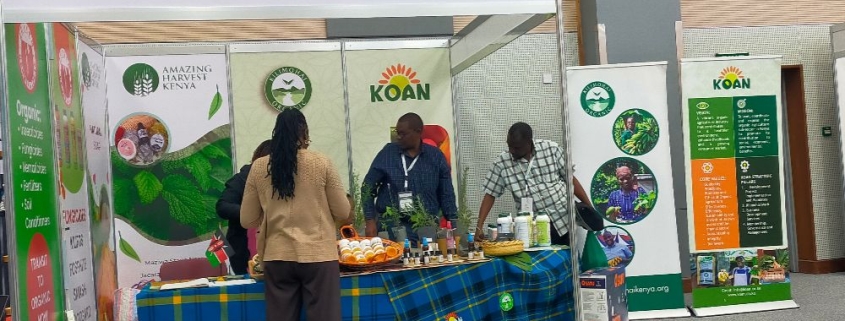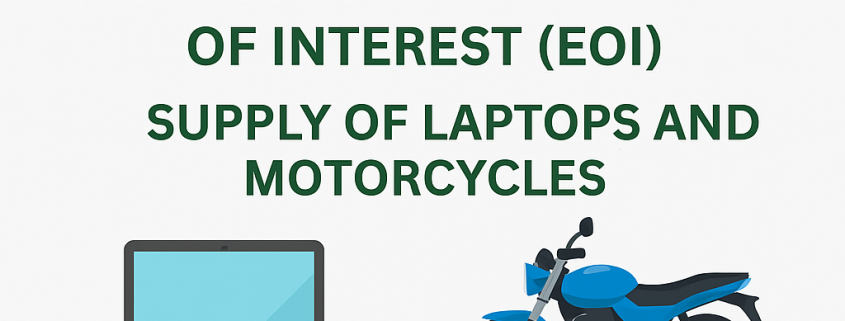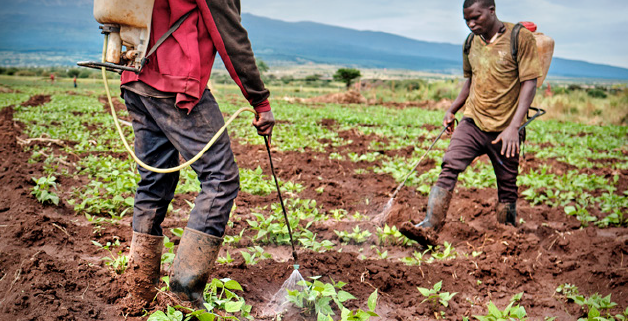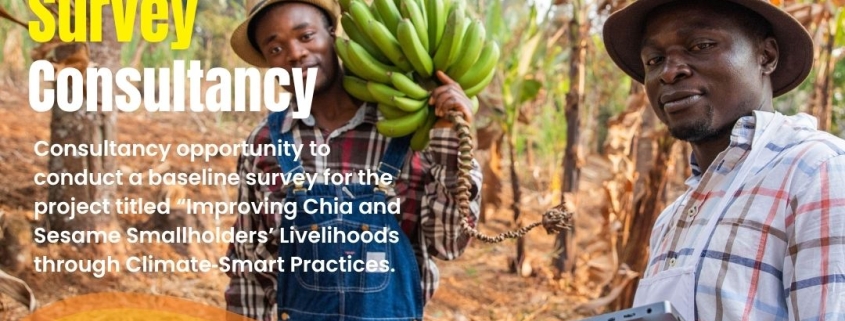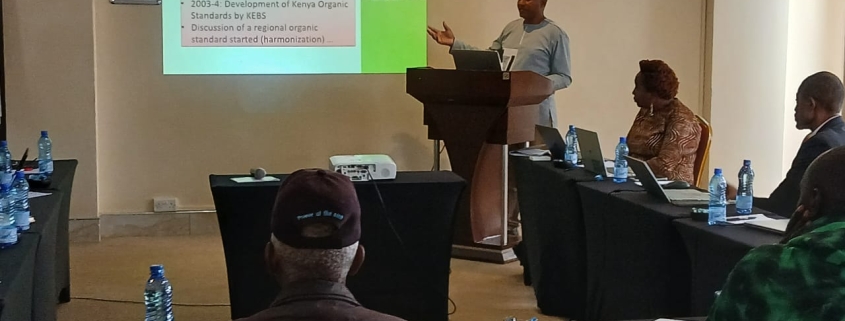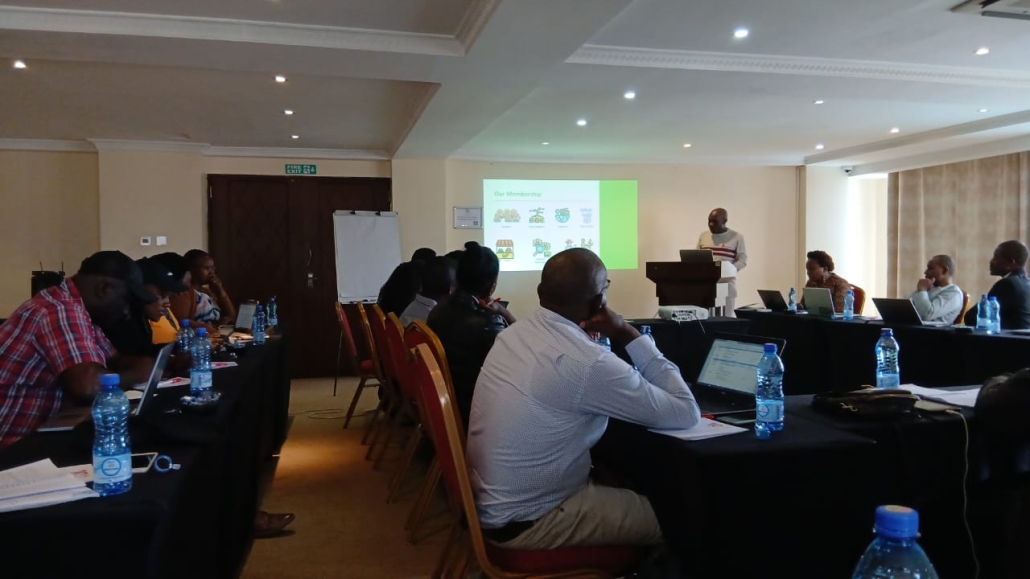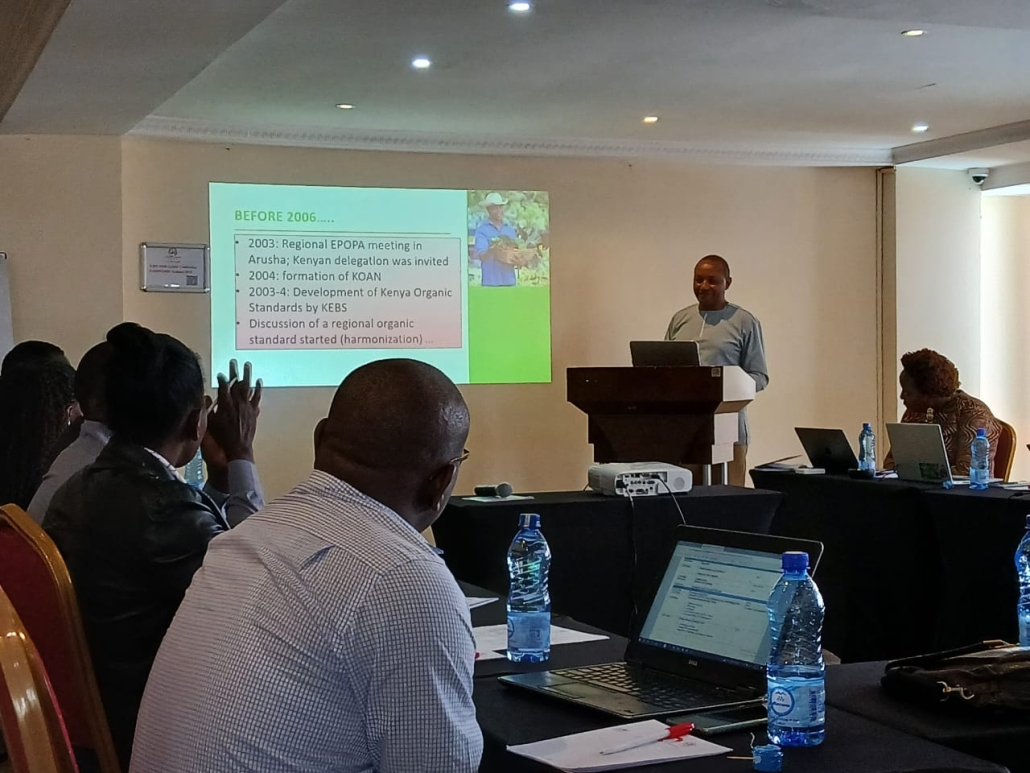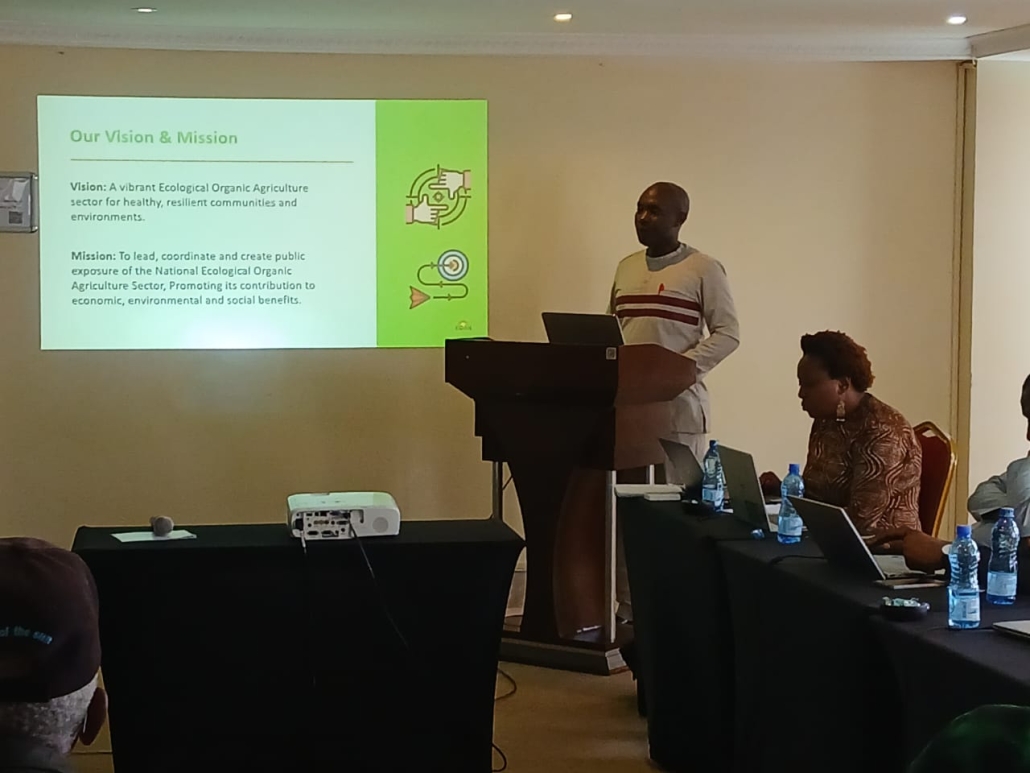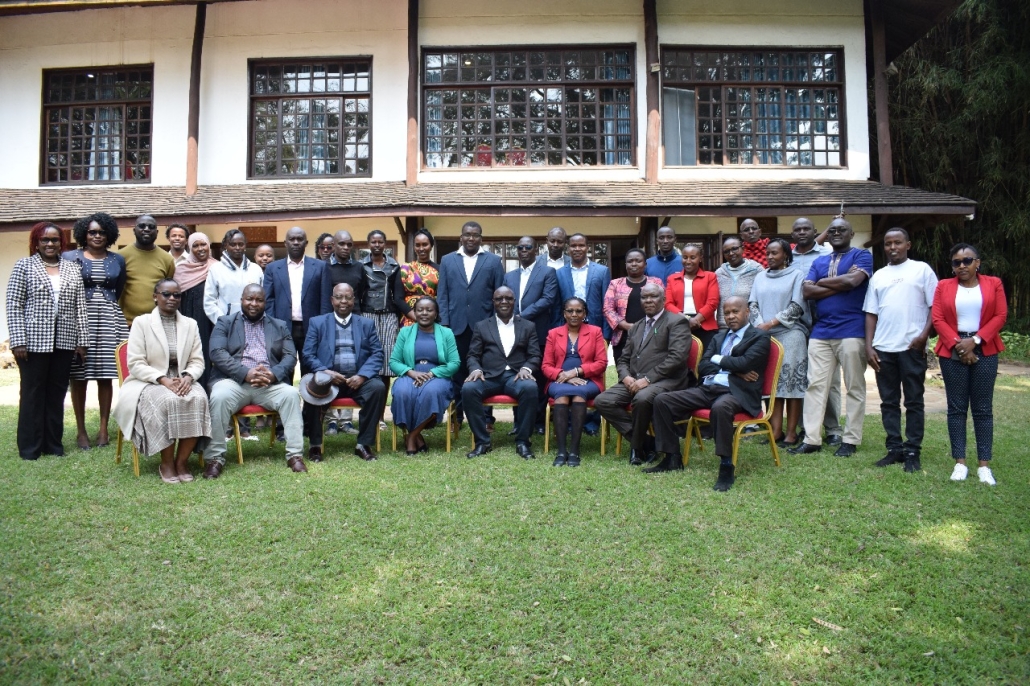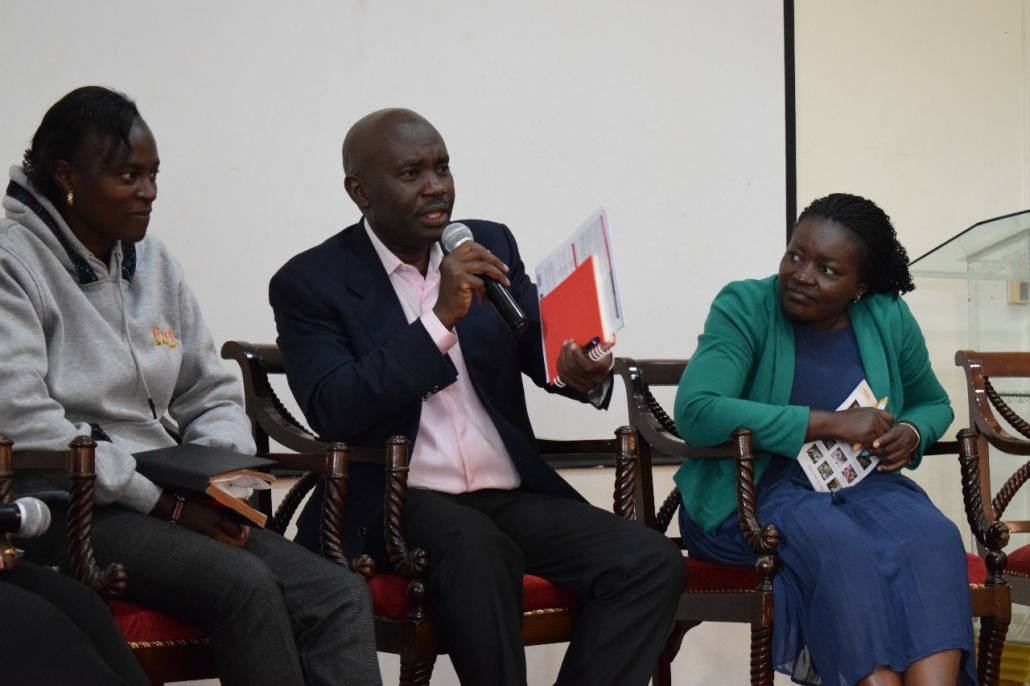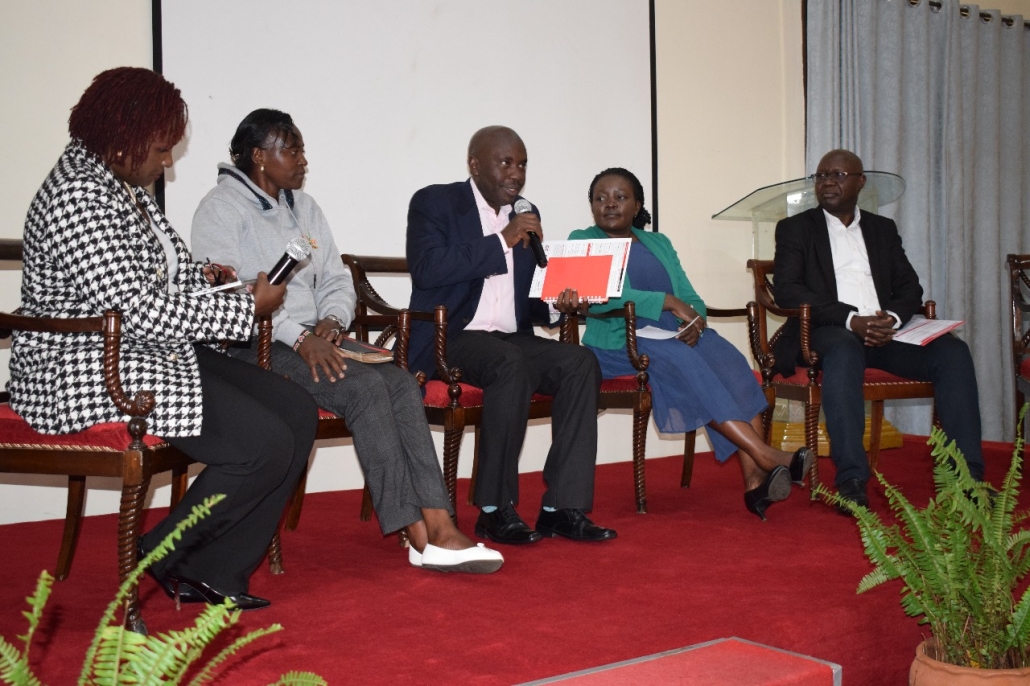KOAN Exhibits at the International Conference on Contract Farming 2025
KOAN is excited to participate in the International Conference on Contract Farming (ICCF) 2025, taking place on 18th–19th November 2025 at the Sarit Expo Centre, Nairobi. This year’s theme, “Exploring Market Opportunities in Contract Farming”, brings together sector leaders, farmers, agribusinesses, government agencies, and development partners to discuss innovations and opportunities that strengthen contract farming ecosystems.
We are proud to be exhibiting at Booth No. 4 from 8:00am to 5:00pm, engaging with stakeholders on organic agriculture, market access, certification systems, and sustainable value chains in Kenya.
KOAN Speaker Announcement
We are pleased to share that Eustace will be speaking during the Sustainability and Climate-Resilient Contract Farming panel discussion.
This session will explore:
-
Integrating climate-smart agriculture practices into contract farming.
-
The role of agricultural insurance, credit guarantees & blended finance in mitigating risks.
-
Importance of renewable energy, water efficiency & circular economy solutions in agriculture.
-
Incentivizing sustainable sourcing and green certification schemes such as organic and agroecology labels.
This discussion will highlight policy and private-sector measures promoting climate resilience and sustainability across value chains.
Key Resources
- Registration: https://portal.sajilievents.com/registration-form/international-conference-on-contact-farming/en
- About ICCF 2025 Magazine: https://contractfarmingexpo.com/wp-content/uploads/2025/11/ICCF-magazine.pdf
- Official Program: https://contractfarmingexpo.com/wp-content/uploads/2025/11/ICCF-agenda.pdf
- ICCF 2024 Report: https://contractfarmingexpo.com/iccf-2024/international-conference-on-contract-farming-2024/
Why ICCF Matters
Building on the success of the 2024 inaugural event, ICCF 2025 focuses on creating stronger market linkages, enhancing compliance with global standards, and driving inclusivity in contract farming. Discussions include smart farming technologies, buyer connections, ethical sourcing, and policy frameworks that shape the future of agricultural markets.
KOAN looks forward to two days of knowledge-sharing, networking, and exploring new opportunities for farmers and agribusinesses in Kenya and beyond.
Visit us at Booth No. 4!
#ICCF2025

